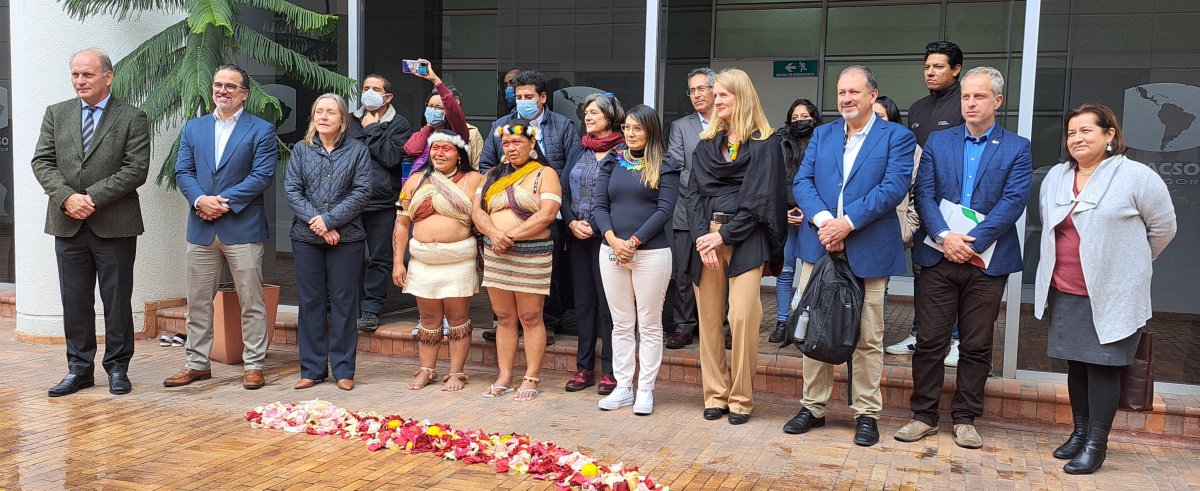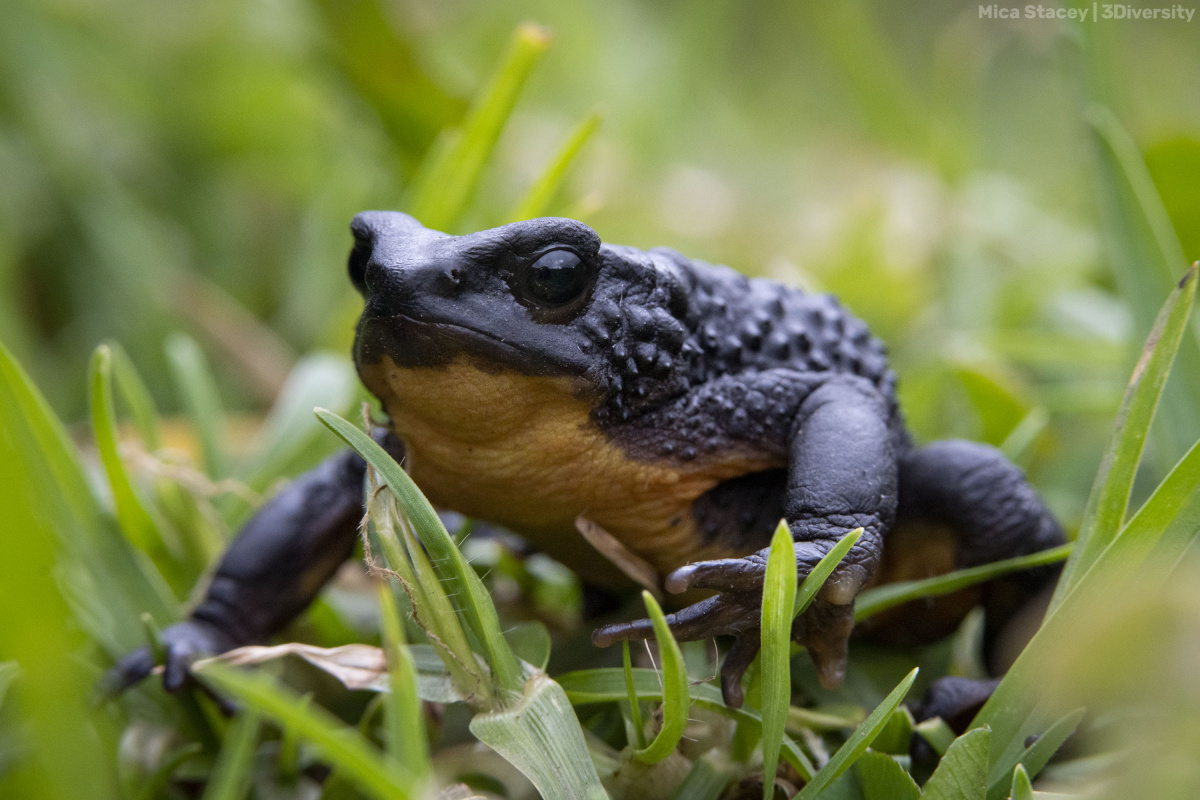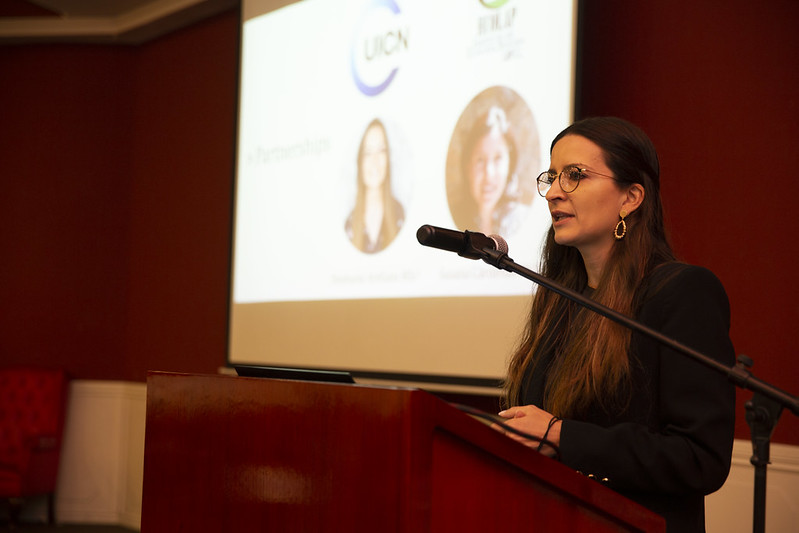IUCN Director General’s Statement for International Day for Biological Diversity
We mark this year's International Day for Biological Diversity at a time of upheaval, in the midst of a continuing pandemic, a fast-changing climate, with biodiversity in steep decline. At the same time, we know that halting biodiversity loss is possible, and that it can open the way to a more serene, sustainable future.

Cape Tribulation, Daintree National Park, Queensland, Australia
Photo: Manny Moreno on Unsplash
An increasing proportion of the planet’s surface is protected, with 21 million km2 of protected areas added since 2010, as the recently launched report from IUCN and UNEP shows. These areas help us safeguard biodiversity, shield us from the impacts of climate change, and contribute to building a more resilient future. Therefore, IUCN calls on Parties at the UN Biodiversity Conference in Kunming to further improve and to set an ambitious target of protecting 30% of land, freshwater and ocean by 2030; it is important that key biodiversity areas are covered, and that the rights of indigenous peoples and local communities in governing such areas are recognised. The IUCN Green List of Protected and Conserved Areas can support the achievement of the “30 by 30” and act as an indicator of progress.
The Union understands that to achieve the long-term protection of nature and to restore our natural capital a transformative change is needed and requires fundamental, system-wide reorganisation across all sectors. To bring about truly transformational change, nature needs to be integrated into all decisions, policies, programmes and actions.
Agriculture, for instance, is currently a key driver of biodiversity loss. Yet conserving living, biodiverse soils and landscapes can boost yields while helping nature and society. Both farmers and conservationists benefit from fertile soils. With the IUCN Agriculture and Land Health Initiative, IUCN aims to advise and guide the growing demands from governments and the private sector for viable strategies that support land-based activities and rural livelihoods without compromising biodiversity. IUCN is looking to broaden its engagement with the land-use and agriculture sectors to help restore and maintain critical ecosystem services and the biodiversity upon which food and nutrition security depends.
Another important opportunity is presented to us by the highly-needed pandemic stimulus measures. Today, pandemic stimulus measures that further harm the environment exceed those that impact nature positively. This despite the undisputed fact that nature itself is the foundation for life and prosperity. With the Nature-based Recovery Initiative, IUCN calls on governments to direct post-COVID recovery investments to nature and nature-based solutions and to integrate nature into all investment decisions. Good examples in several states and through different sectors demonstrate that this is possible and how this can be achieved.
Safeguarding biodiversity is a non-negotiable step in building back better from the pandemic. Halting the loss of life on Earth is not only possible – it is our only path towards a resilient global society prepared to weather crises, current and future. The IUCN World Conservation Congress in Marseille in September is set to drive global action on biodiversity, climate change and towards a nature-based recovery from the COVID-19 pandemic. At the Congress, IUCN Members including States, civil society and indigenous peoples’ organisations will democratically shape the collective response to these interlinked global crises.
International Day for Biological Diversity is observed on Saturday, 22 May 2021.



